Publications
Articles, publications, books, tools and multimedia features from the U.S. Institute of Peace provide the latest news, analysis, research findings, practitioner guides and reports, all related to the conflict zones and issues that are at the center of the Institute’s work to prevent and reduce violent conflict.
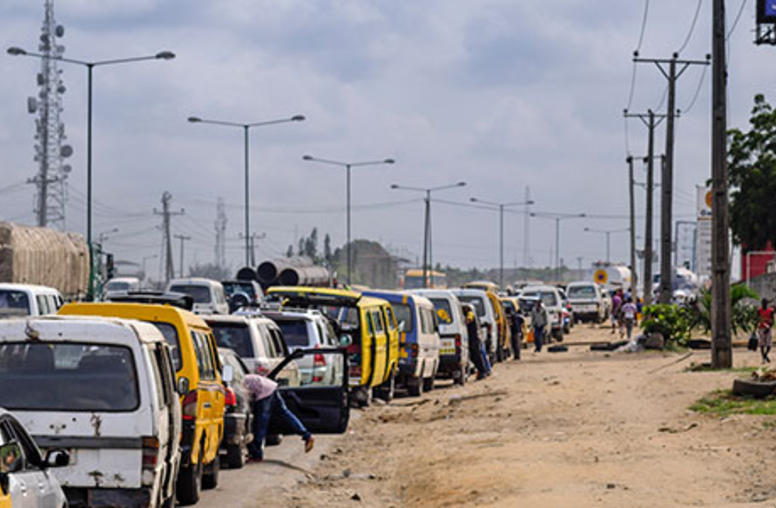
Q&A: In Nigeria, War and Peace Go Beyond Boko Haram
In the shadow of global headlines about ISIS and the Middle East, Nigeria’s government has pushed another of the world’s deadliest conflicts into a new phase. For months, Nigerian troops have been recapturing territory from the Boko Haram militant group, with support from the United States, which has sent special operations forces as advisors to help. But Nigeria’s crises, and any solutions, run wider and deeper than Boko Haram, according to U.S. Institute of Peace Program Officer Oge Onubogu...
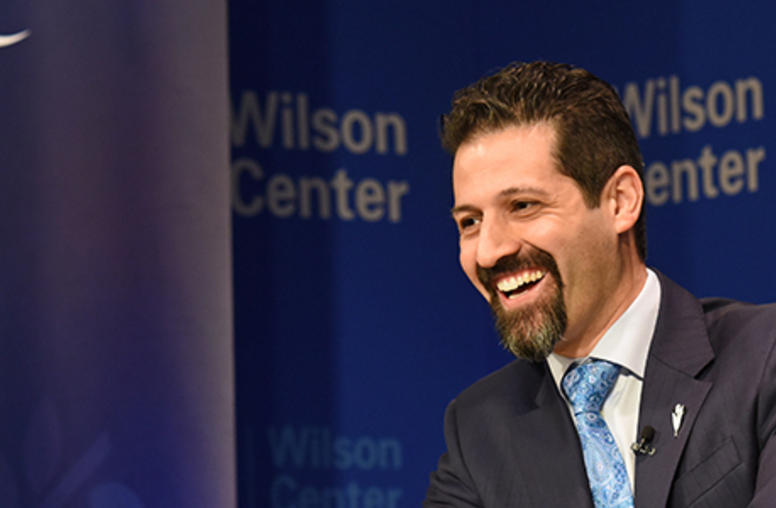
Iraq Operation to Recapture Mosul Needs Plan for Aftermath
The planning taking place to recapture Iraq’s second-largest city, Mosul, from the “Islamic State,” or ISIS, extremist group should involve not only meticulous military preparations but also careful thought to ensuring a peaceful aftermath is sustainable over the long term, said Qubad Talabani, the deputy prime minister of the country’s Kurdish region, which has helped lead the drive to end the extremist organization’s hold on vast swaths of territory. But the Kurdistan Regional Government (K...
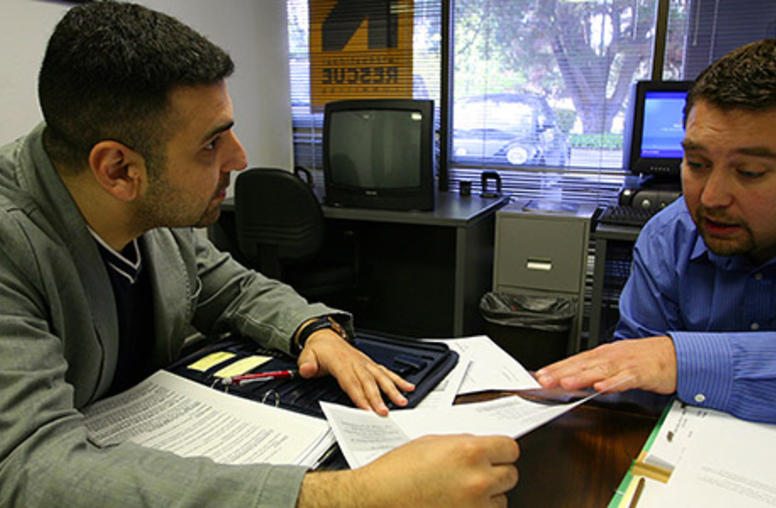
Panel Urges New View of Middle East Refugees
The refugee crisis that has spread to Europe and the breakdown of the Middle East’s century-old political order demand new thinking about the economic role of displaced people and a reassessment of donor strategies to rebuild societies in conflict, a working group convened by the U.S. Institute of Peace concluded. The panel’s report, developed under USIP’s Manal Omar and Elie Abouaoun as part of Atlantic Council’s Middle East Strategy Task Force, calls for refugees to be viewed as potential e...
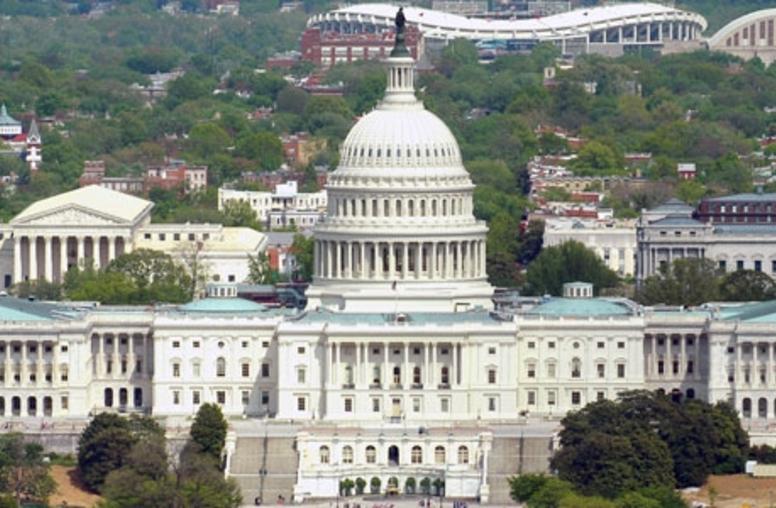
The Causes and Consequences of Violent Extremism and the Role of Foreign Assistance
Nancy Lindborg, USIP president, submitted testimony for the record, to the Senate Appropriations Subcommittee on State, Foreign Operations and related programs.
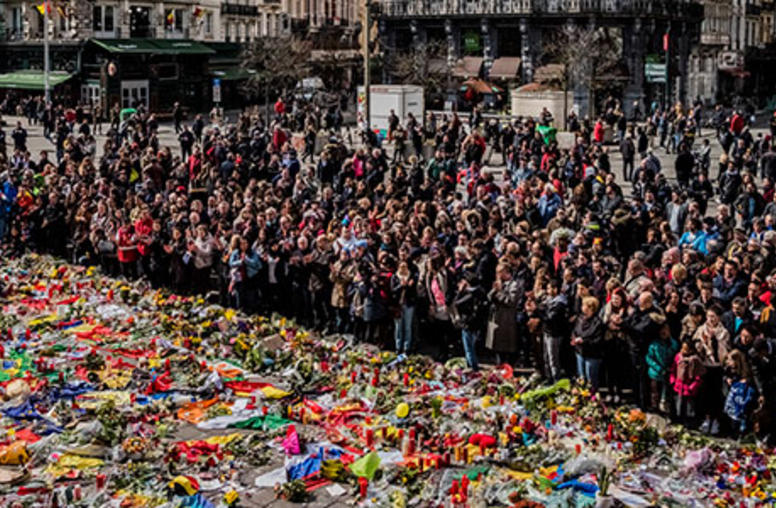
Brussels Attacks Highlight Connection to Regional Arcs of Crisis
My sympathy goes out to the survivors and families of those who died in the terrible attacks in a string of bombings over this last week -- from Brussels to Baghdad to Lahore. I was in Brussels on a business trip and was preparing to leave my hotel to catch a flight back to Washington when we got word of the explosions at the airport and the metro station there. The terror that was palpable last week in Brussels is sadly all too common in those five countries that top the list for violent extremist incidents and fatalities: Iraq, Pakistan, Afghanistan, Nigeria and Syria. And, we are increasingly seeing the outward ripples.
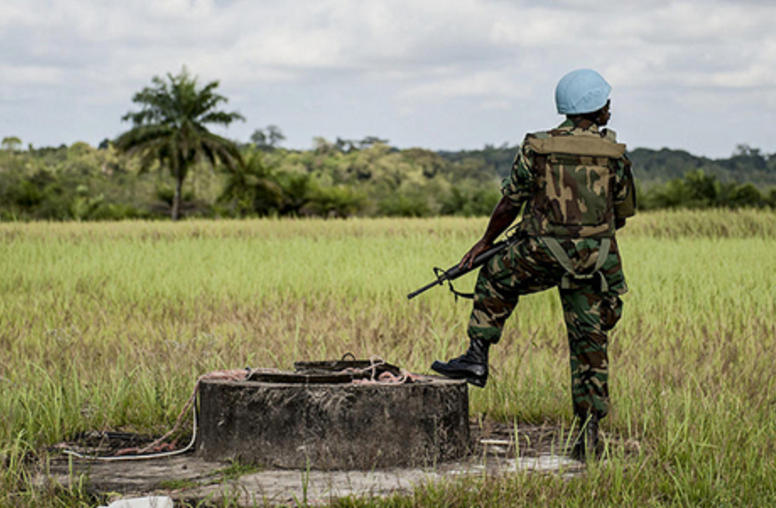
Africa Peacekeeping: Lessons from a Ghanaian Commander
For peacekeeping forces in Africa, the days of simply patrolling a ceasefire line or keeping local armies apart are over. Their assignments today increasingly include protecting civilians, confronting violent extremism and even engaging in what amounts to counter insurgency. These new burdens demand better preparation of troops headed for missions and clearer thinking by those who send them, Ghanaian Army Colonel Emanuel Kotia, a leading trainer of African peacekeepers, said at a U.S. Institute of Peace forum.
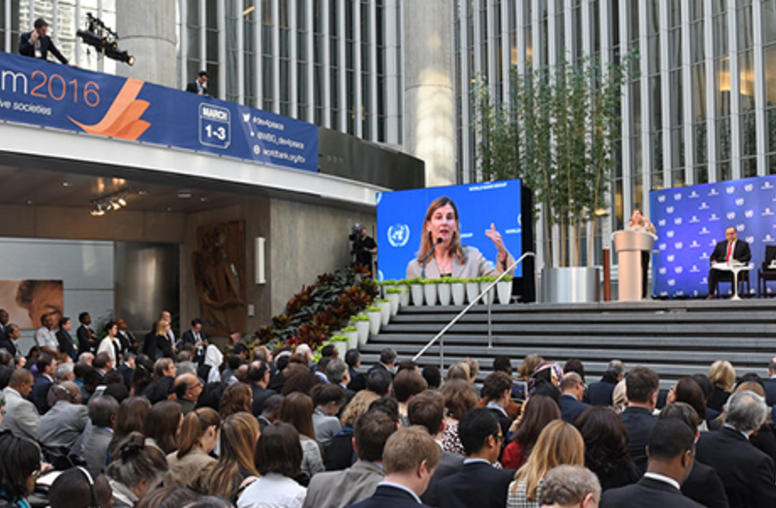
Fragile States Require Unified Response, Lindborg Says
U.S. Institute of Peace President Nancy Lindborg called for united action by humanitarian and economic development organizations, telling the opening session of the World Bank’s 2016 “Fragility Forum” that peace, development and security are inextricably linked in today’s world crises.
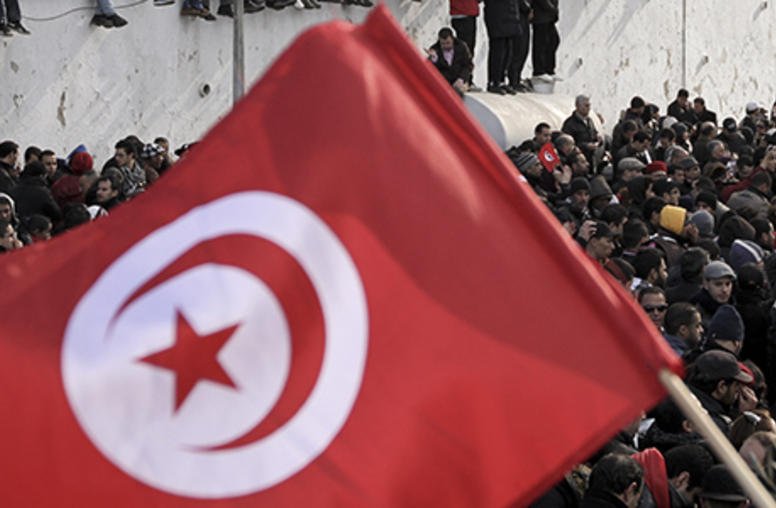
Tunisia’s Revolution: Five Years On, What Lies Ahead
In the wake of the 2011 Arab Spring uprisings, Tunisia stands alone. As other countries in the upheaval have splintered into civil war or returned to dictatorship, Tunisia’s Jasmine Revolution, on its fifth anniversary, remains on a peaceful, democratic path with an elected parliament and coalition government bound by a constitution. At the same time, the specter of a weakening economy, rising violent extremism and an increasingly disillusioned public tugs at the future.
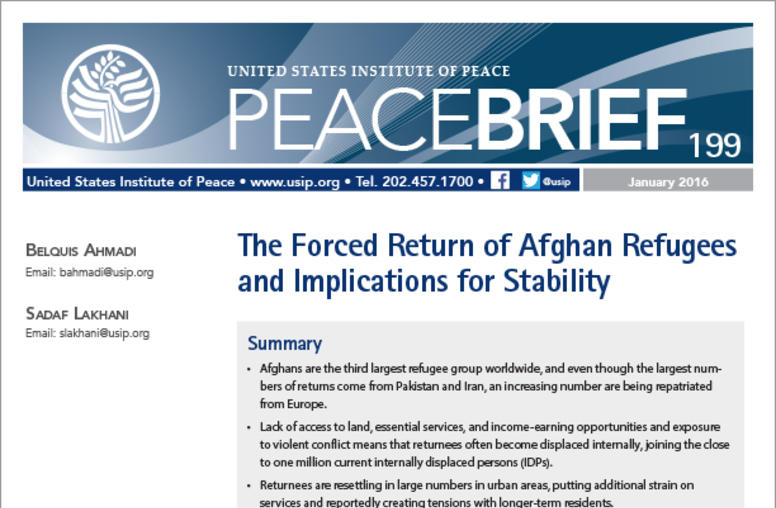
The Forced Return of Afghan Refugees and Implications for Stability
Afghan refugees have been returning home from Pakistan and Iran in growing numbers, and many of these returns have been involuntary. The situation is adding stress to an already challenging environment, characterized by insecurity, lack of access to employment and services, land and housing tensions, and rapid urbanization. This brief presents important considerations for developing a clear, well-coordinated strategy that addresses the impacts of large-scale returns and the specific needs of ...
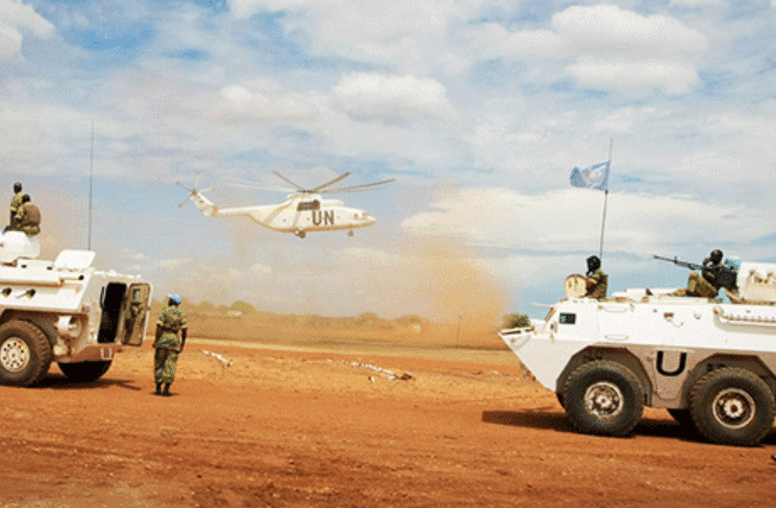
Saving U.N. Peacekeeping: High Stakes for the U.S.
As America and its allies confront a widened war in Syria, the refugee exodus to Europe, and terrorist violence in Paris, Beirut and Mali, we must treat the roots, not just symptoms, of these catastrophes. That will require an urgent repair of our world’s main tool for addressing violent conflict—the increasingly overwhelmed United Nations peacekeeping system.